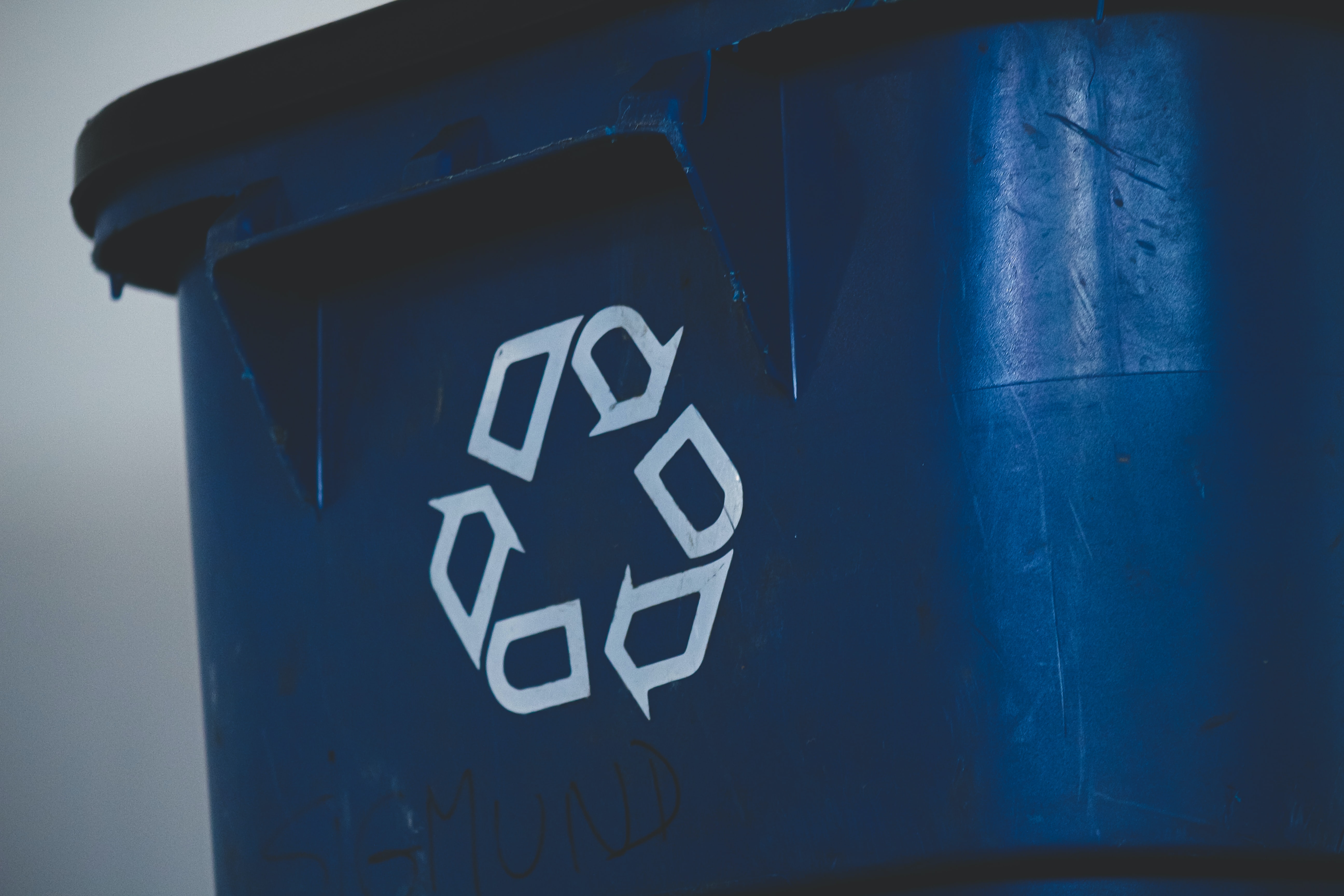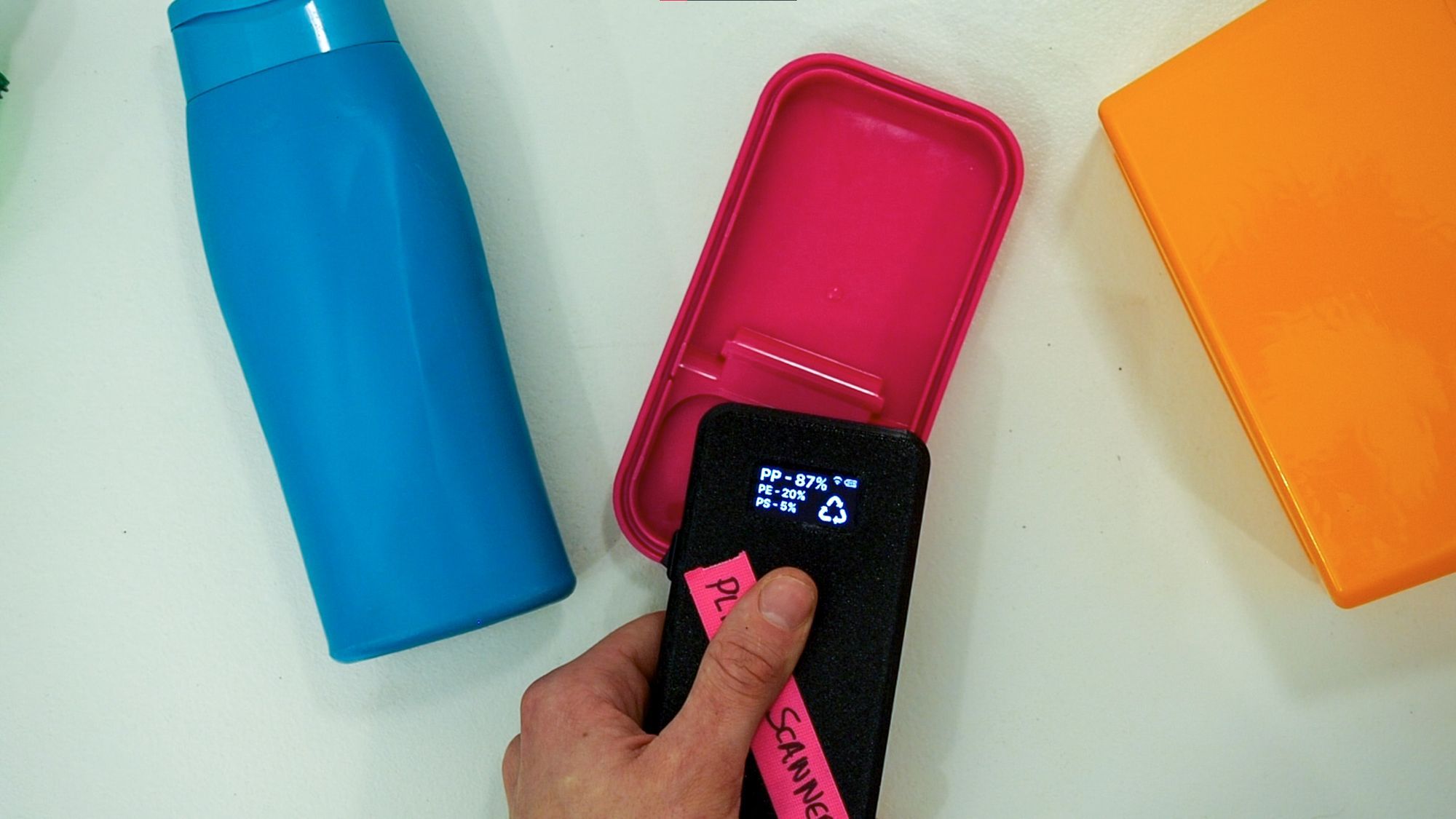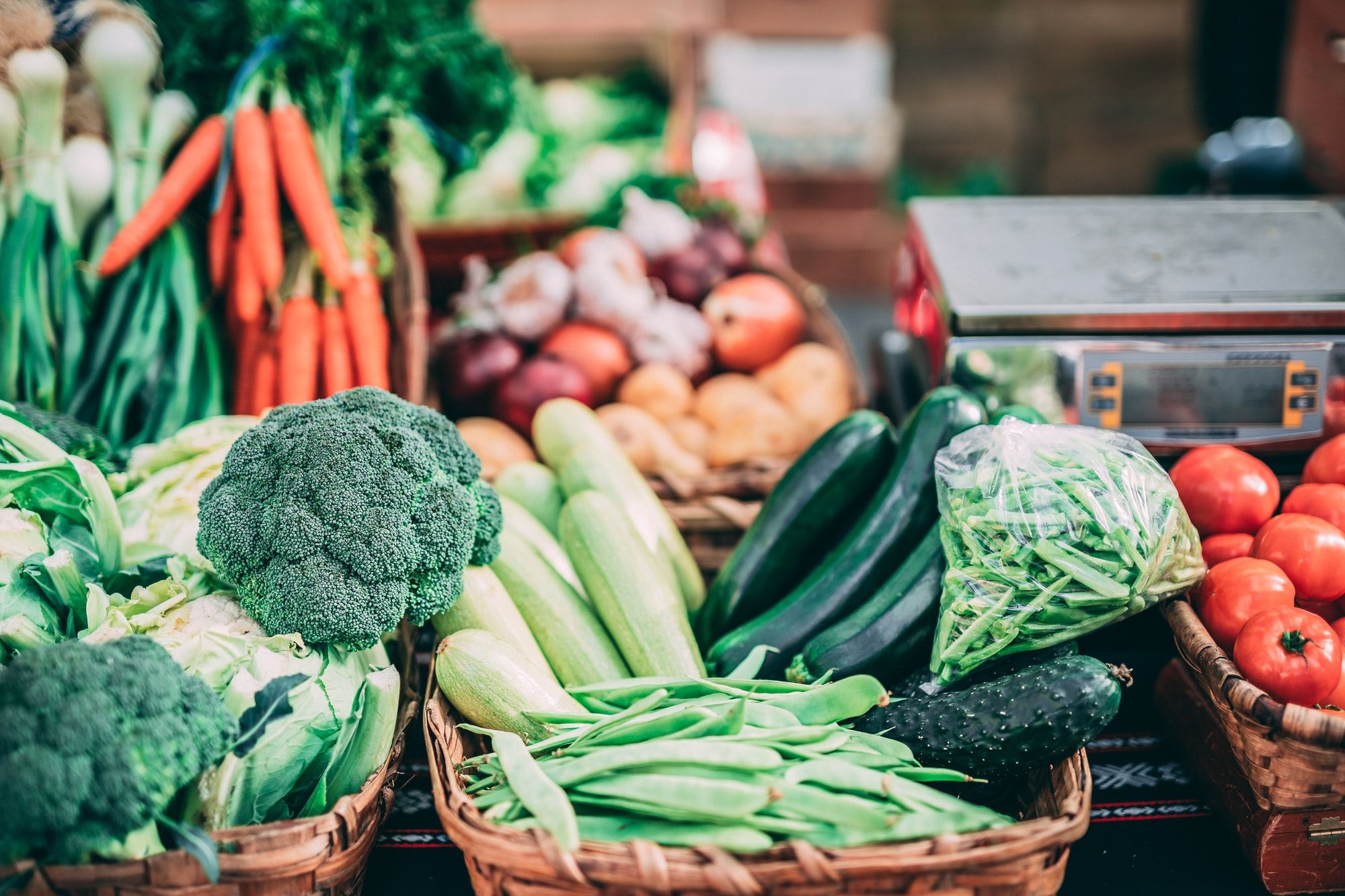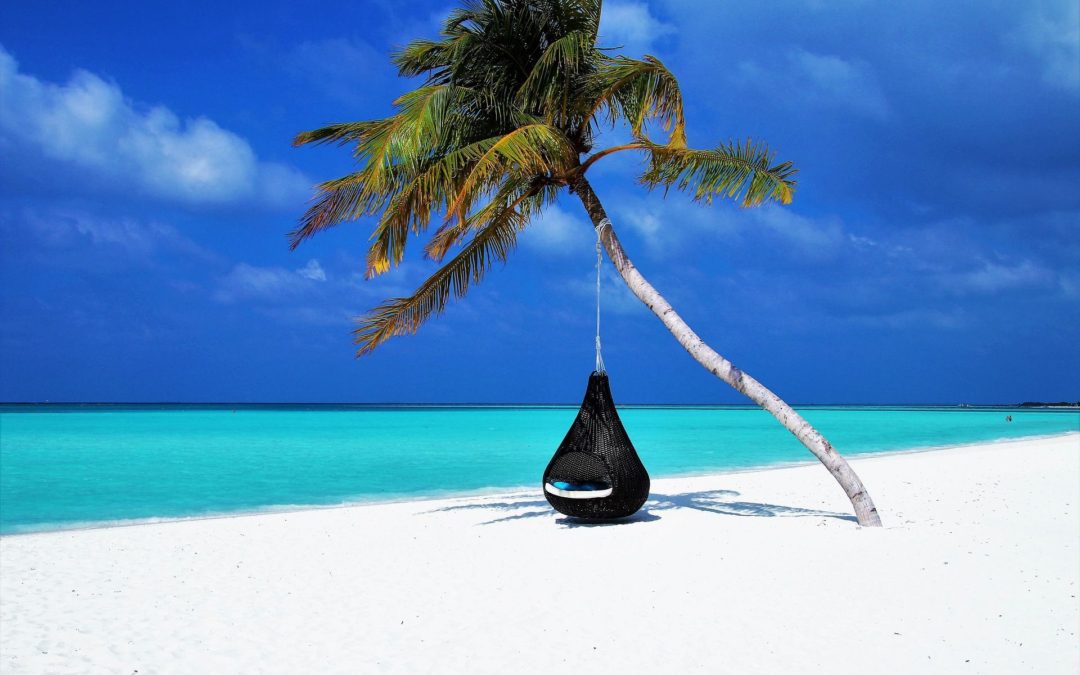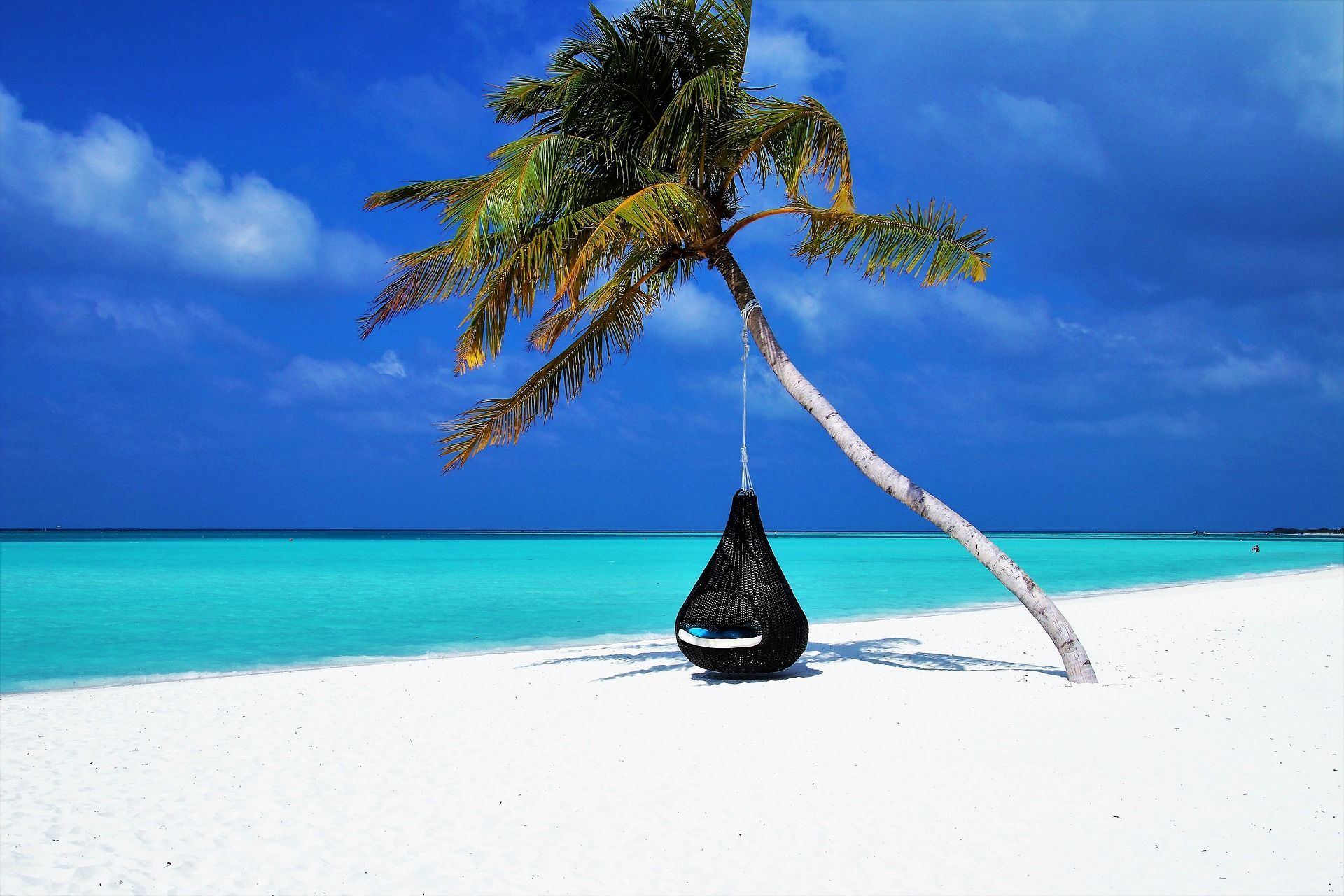
The Maldives is a holiday paradise in the Indian Ocean, but plastic waste that ends up in the sea threatens that paradise status. When a study showed that plastic in the sea would increase by 45 percent by 2030, the Maldivian government decided that something needed to be done.
They turned to the Common Seas environmental organization, which had an international research team investigate how the Maldives could avoid this increase in waste.
The researchers showed that with relatively simple methods, it would be possible to reduce the amount of plastic waste by 85 percent by 2030. What the Maldives need to do to get there is to ban disposable plastic, expand plastic recycling and give residents better access to freshwater to mitigate the need to buy bottled water.
The researchers used a method they call Plastic Drawdown to show the Maldivian government what actions were needed and why they were important.
The method consists of three steps. In the first step, the researchers measure and model the country's plastic waste. In the second step, the researchers match the problems they have identified with measures that can solve each individual problem. The third and final step is to help decision-makers create and implement a strategy to achieve their goals.
Common Seas is also working on other projects. For example, the organization in Indonesia is helping to reduce the amount of plastic that ends up in the Brantas River by 70 percent by 2025.
